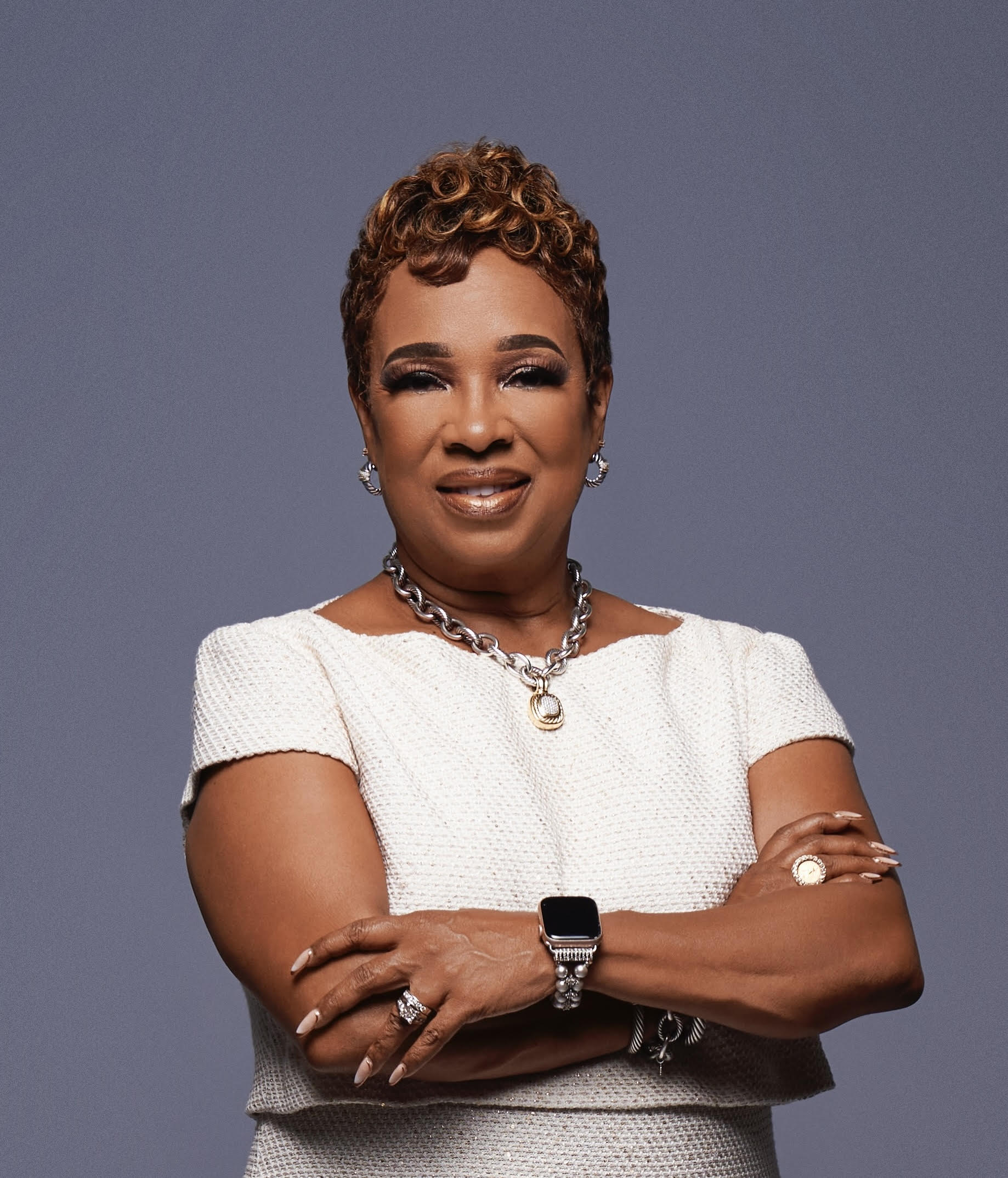U.S. track icon Barbara Jacket’s determination, love for team began in Port Arthur
Published 12:40 am Saturday, January 15, 2022





|
Getting your Trinity Audio player ready...
|
Former Prairie View A&M and Olympic track coach Barbara Jacket expected excellence from her athletes.
To this day, former athletes for Barbara Jacket can still hear one of her most used phrases, “Nobody remembers second place.” Jacket died at the age of 87 last week, but family members and former student athletes of Jacket said the legendary coach’s legacy lives on.
Jocelyn Adams, who is now the head volleyball coach at Cypress-Faribanks High School, was in Jacket’s track program from 1983-1987.
“She also employed me as an assistant track coach and head volleyball coach at Prairie View in 1990,” Adams said. “She was my coach and then we became colleagues and friends. Coach Jacket was a firm but fair person. Everyone thought she was this hard exterior, but really, she was one of the sweetest, most genuine and loving people you will ever meet.
“She will give you the world if she had it. She didn’t just care about you as an athlete. She really cared about you as a person and wanted you to excel at everything you wanted to do. She was big on making sure you were prepared.”
Hometown roots
Jacket was born in 1934 in Port Arthur, where she began her athletic career playing softball at age 10. She played basketball and ran track at Lincoln High School before graduating in 1954. After graduation, she attended Tuskegee University on a basketball scholarship and studied physical education.
She received her Masters degree from Prairie View A&M, where she later coached. During her time with the Panthers, she led her teams to 18 national championships and 23 South Western Athletic Conference championships (nine indoor, six outdoor and eight cross country) during her 30-year career.
Adams said she first saw how much Jacket cared for her players when she was being recruited.
“She always told us that she had to be 10 times better,” Adams said. “With her training, a lot of people thought that we over-trained, but she was going to prepare you. I can remember when she was recruiting me in high school, we were at a track meet. One of her former athletes was running 4X400 in the relay. One of the Texas Southern team members kind of cut her off and she fell and tripped.
“As a young recruit, I see this coach coming out of the stands, go up to the judge and just rode him and gave him the business. She may have even given him a little punch or two. I looked and told my mom that this coach is kind of crazy. She said, ‘No, that is where you are going because I think that is how much she cares about her athletes and that is how much she will go to bat for them.”
Jacket helped produce 57 All-American athletes and five Olympic contenders.
In 1991, Jacket retired from coaching the Panthers to focus on her role as the 1992 Olympic Women’s Track and Field Team, becoming the second Black woman to hold the position.
In 1995, Jacket was named to the International Women’s Sports Hall of Fame and to the U.S Track and Field and Cross Country Coaches Association Hall of Fame in 2001.
Lessons passed on
Now, as a coach, Adams said she uses the same lessons Jacket taught her.
“She always taught us to respect ourselves and respect our family,” Adams said. “She is one of my biggest mentors and biggest inspirations. Going into coaching, I didn’t want to emulate her. She always said not to coach as she coached. She told us to have our own style. I found myself using a lot of stuff she taught and adding my own spin for a foundation.”
Mary Young, who is also a former athlete and grad assistant for Jacket, is now the Chief of Police at Texas Southern University.
“She believed in everything you felt you could do,” Young said of Jacket. “What she wanted you to understand and desire is for you to have the same belief. She could point out and say the good things you are going to accomplish but she needed you to want those same things. She was a motivator that was stern but not quiet. If she had something to say, you were going to hear it.”
Young said she heard “Nobody remembers second place” her entire track career. Former players said second place wasn’t a bad thing, but rather having a goal of finishing second was not a winning mentality.
“We could improve the time and she would tell us that she didn’t care,” Young said. “She didn’t accept any excuses from us. All she wanted us to do was our very best. If it came to second place, she was proud. If you did your best, she was proud. But if you just went out there looking for a second place, she could care less. Everyone strives for first place, but if you do your best, you are going to win.
“She made it so realistic, that we wanted to be winners. We knew that if we did our best, we were going to be winners. It just so happened, we always came in first place.”
Her ability and passion for teaching came long before she had a whistle.
Charles Getwood, who is a relative of Jacket, said he fondly remembers his older cousin.
“She is 10 years older than I am and we spent a lot of time together,” Getwood said. “She spent valuable time with me. She was a great friend. She mentored me to a lot. As a young kid, she taught me how to catch the city bus and how to go from place to place on it. She taught me to swim. Before my dad had a chance to, she taught me to drive. It was a lot of great times. She would take me to the movies. We did a lot of great and fun things. She was instrumental in making sure that the family stayed together and that we had family gatherings. We are going to miss her so much.”










